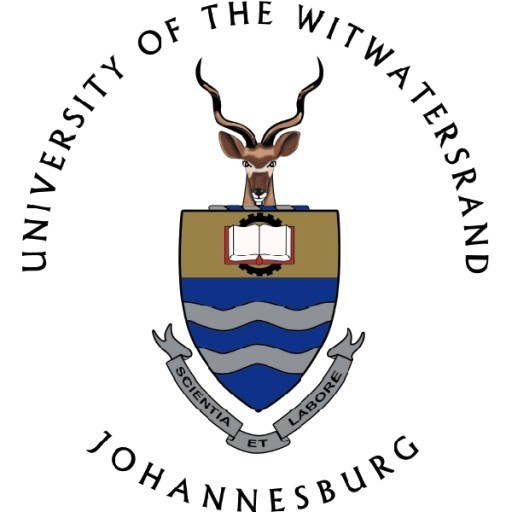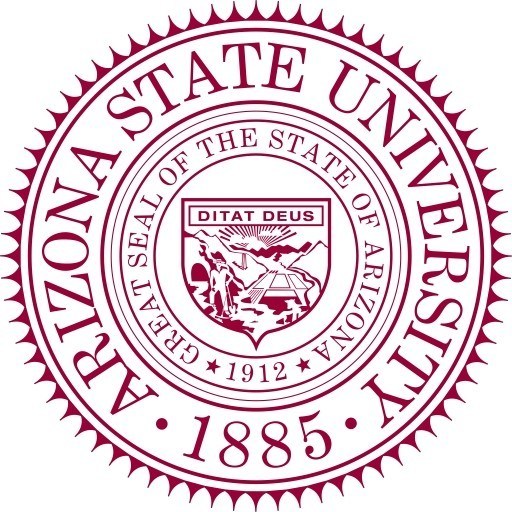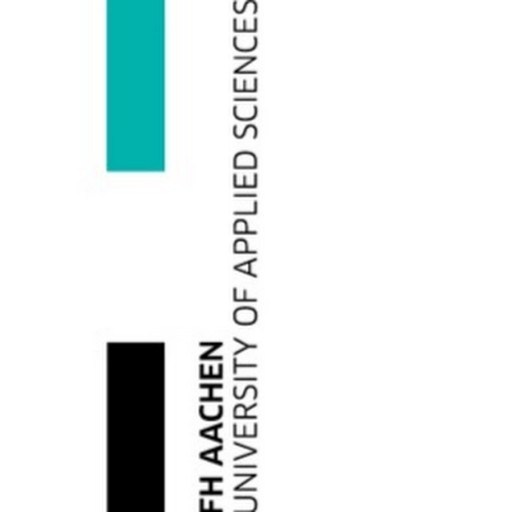Photos of university / #utwente
Biomedical Engineering is about the design and development of healthcare technology for improving lives, for example rehabilitation robots, artificial organs, imaging techniques and prosthetics.
Biomedical Engineering is an interdisciplinary field, combining engineering and natural and life sciences: biology, nanotechnology, physics and mechanical engineering. Biomedical engineers create technical solutions to medical problems by integrating scientific and engineering concepts and methodology. Technology plays an important role in prevention, diagnosis, therapy and rehabilitation. Biomedical research leads to new techniques to repair damaged tissue such as bone and skin. It helps create drugs with targeted effects and equips doctors with improved imaging techniques for more effective diagnosis, as well as offering patient-focused solutions in rehabilitation technology. The Masters at the University of Twente is an academic programme that will prepare you for a job as a biomedical engineer in healthcare, industry or research institutions (including PhD positions) in settings that range from hospitals and rehabilitation centres to enterprises, small medical technology companies and laboratories.
Programme internationalization:
- Studying abroad is optional.
This programme has a workload of 120 ECTS.
Specialities:
Tissue Regeneration:
The Tissue Regeneration research programme develops technologies that restore the function of diseased and damaged organs and tissues like bone, cartilage, blood vessels and the pancreas. Several scientific disciplines converge in this research into cell growth and tissue restoration: biology, chemistry, nanotechnology and engineering. Clear insights into the way clinics treat their patients support the work aimed at developing practically applicable scientific breakthroughs. The research is directed towards speeding up patient recovery. The innovative methods involved in tissue regeneration stimulate the body to generate new tissue by itself, exactly where needed. An example is growing a substantial mass of tissue with cells derived directly from the patient. The strategy is to combine the cells with a biomaterial. First, the tissue grows on a biodegradable material that is placed in the body. This âscaffoldâ gradually melts away during the healing process. A clear example of this method is to stimulate the individualâs own stem cells to form bone on a ceramic template at the site of a non-healing fracture.
Imaging & Diagnostics:
The scientists in the Imaging & Diagnostics programme are dedicated to visualizing and understanding the biological processes in cells and organisms. Their new methods for ultrasensitive diagnostics are not only extremely clear and exact, but also significantly reduce the impact on the patient by imaging the body without the need for an operation or injection of contrast fluid. Ultimately, new techniques are created that enable physicians to offer their patients treatments that are more fit for purpose and that provide a more expeditious cure. The research uses the latest techniques in the field of acoustics, photo-acoustics, ultrasound and biomagnetism. Using photo-acoustics, for example, equipment for the diagnosis of breast cancer has been developed that has a minimal impact on the body. Additionally, the research group is working on the detection and extremely localized destruction of tumours with the aid of gold nanoparticles. A combination of fundamental science and imaging techniques allows Imaging & Diagnostics researchers to investigate how certain structural abnormalities of proteins are related to diseases like Parkinsonâs and Alzheimerâs.
Neural & Motor Systems:
The Neural & Motor Systems research programme takes a solidly scientific approach to examining the interplay between brain, nerves, muscles and the skeleton. Often, the work is driven by specific clinical questions from the healthcare sector. Research within the programme focuses on the actual restoration of nervous and motor system function. The cutting-edge scientific work includes topics such as helping patients rehabilitate with the aid of robots, selective electro-stimulation and innovative body and orthopaedic prostheses. The research groups that participate in Neural & Motor Systems are all active on different anatomic levels, ranging from cells and tissues to the complete organism, and take a variety of approaches. The work of some groups includes modelling and simulation, while others carry out in vitro and in vivo experiments. Working together, the groups are able to develop new equipment to diagnose and treat patients faster and more effectively. The researchers in the Neural & Motor Systems programme also work closely with strategic partners in the Netherlands and abroad to test new applications.
Want to improve your English level for admission?
Prepare for the program requirements with English Online by the British Council.
- ✔️ Flexible study schedule
- ✔️ Experienced teachers
- ✔️ Certificate upon completion
📘 Recommended for students with an IELTS level of 6.0 or below.
Scholarships / Grants:
University of Twente Scholarship:
Accreditation
Accredited by: nvao in: Netherlands











